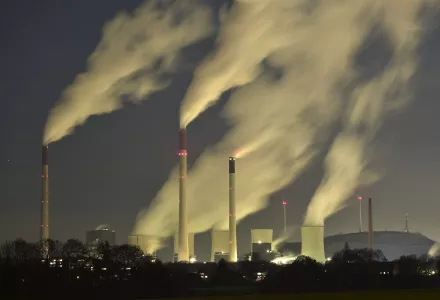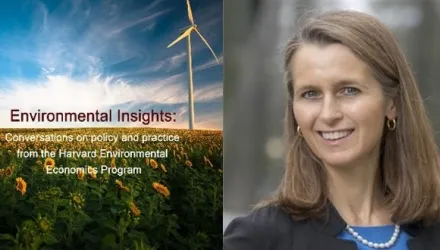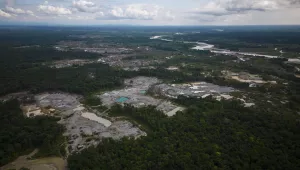
Joining jurisdictions can increase efficiency of mitigation
The November 2017 negotiations in Bonn, Germany, under the auspices of the United Nations Framework Convention on Climate Change (UNFCCC) validated that the Paris Agreement has met one of two necessary conditions for success. By achieving broad participation, including 195 countries, accounting for 99% of global greenhouse gas (GHG) emissions, the agreement dramatically improves on the 14% of global emissions associated with countries acting under the Kyoto Protocol, the international agreement it will replace in 2020....
Mehling, Michael A, Gilbert E. Metcalf and Robert N. Stavins. "Linking Climate Policies to Advance Global Mitigation." Science, vol. 359. no. 6379. (March 2, 2018): 997–998.






